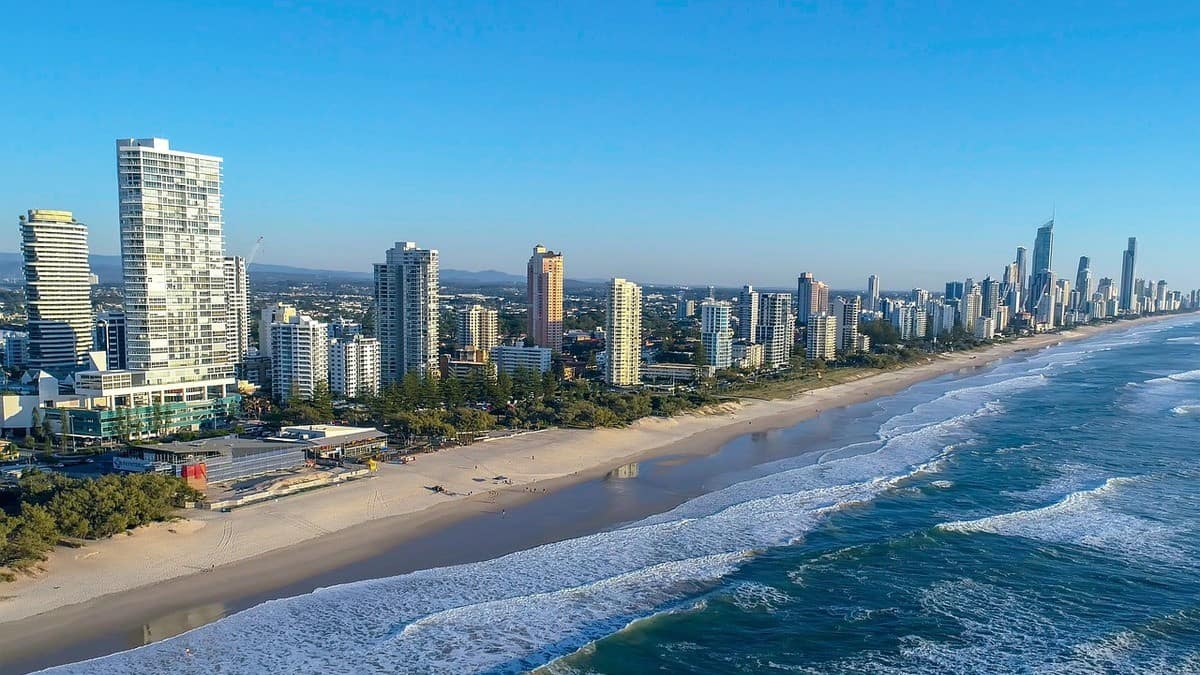Queensland, Australia, continues to advance towards a 100% electric vehicle fleet despite previous reports suggesting the country’s poor performance in EV uptake.
Energex and Ergon’s data to September 2022, attached on the Twitter post below, shows Queensland’s progress in achieving its target of electrifying its fleet.
Queensland’s current EV volumes
CleanTechnica reported that Queensland has approximately 16,000 plugin electric vehicles on its roadways. Notably, 11,839 of that number is accounted for by BEVs, 3,042 from PHEVs, and 1,084 from electric motorcycles. All that number considered, the uptake curve is clearly on a vertical trajectory.
It is worth noting that 53 electric buses and 16 electric trucks are among the overall number of BEVs. Remarkably, electric cars are increasingly more prevalent on Queensland’s highways.
Future of electric buses in Queensland
Hopefully, the electric buses could catch up with the electric car’s dominance as their popularity grows.
“We’ve made a commitment that every new bus in South East Queensland would be zero emission from 2025, so to see it happening now is a fantastic achievement. That commitment expands to our regions between 2025 and 2030.”
Mark Bailey, Transport and Main Roads Minister
A State Member for Cairns also promotes the adoption of electric buses to reduce carbon emissions in the city.
“Our research shows each electric bus could save as much as 1,000 tonnes of greenhouse gases over its lifespan and deliver many community benefits with less noise and harmful air pollution. Under the Palaszczuk Government, Queensland is home to the world’s longest electric super highway — and now Cairns will be home to the future of public transport.”
Michael Healy, State Member for Cairns
All that said, the Queensland government has started taking relevant steps to put more electric buses on its roads. In fact, five electric buses will be piloted in Cairns in 2023, owing to its strategic partnership with Kinetic’s Sunbus.
Remarkably, the current 100 electric buses operating in Australia are projected to double in 2023 as the government continues to seek partnerships and implement relative strategies to make it happen.

